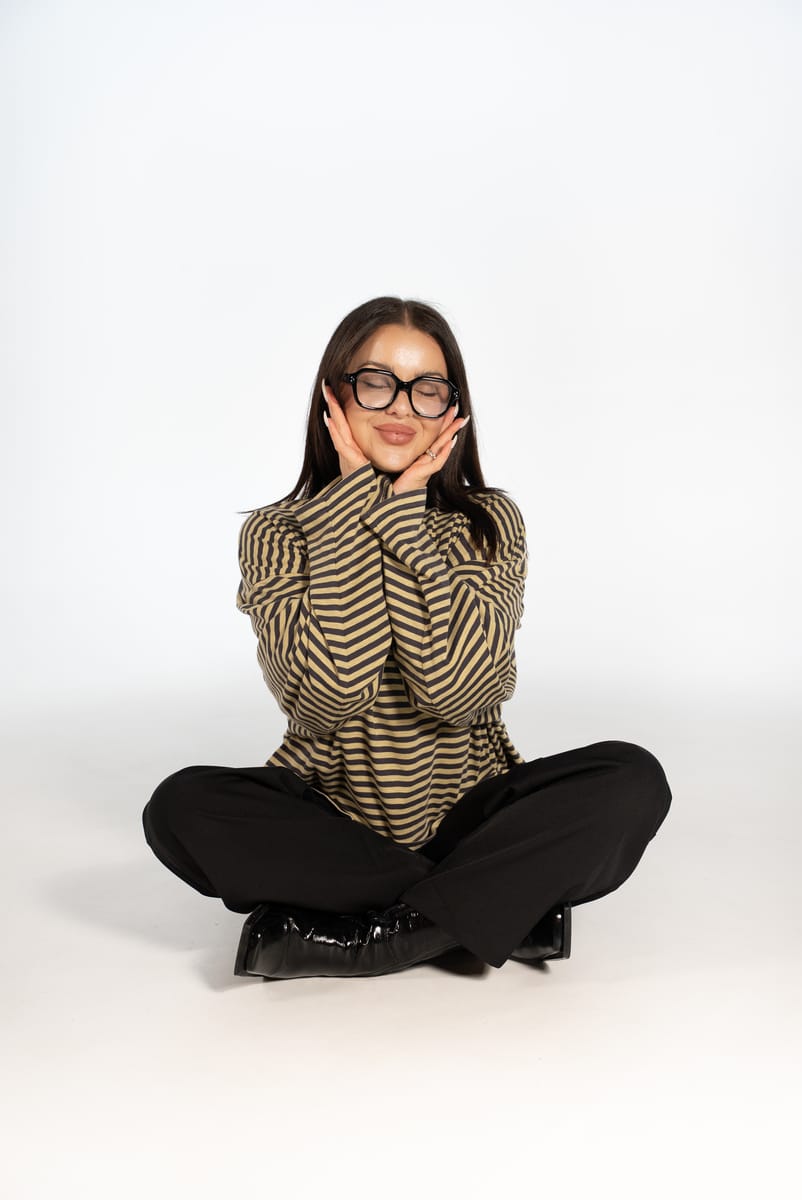
Gamified ads are taking off as brands like Disney, Amazon, and Discord use interactive formats to break through ad fatigue. Research shows using quizzes, trivia, or other gamified ads is an extremely effective way to capture and engage audiences.
Everybody loves to play games.
No, I’m not talking about my dating life.
Well, yes, I am, but not right now.
Right now, I'm talking about the evolution of the ad landscape and the rise of gamification.
It’s so interesting when you think about the constant progression of technology and what spaces will change. I guess I knew advertising would look vastly different in the future, but I never really thought of the idea of merging ads and games.
But with the revenue from the worldwide gaming market sitting at an eye-watering $347B USD (2022), what kind of marketers would we be if we weren’t cutting into that cake?
In fact, several large brands are looking for ways to incorporate gaming into their ad products.
This is my dichotomy. The ad girly in me is like, 'Woo new creative ways to reach new audiences!' But the consumer in me is like 'Yaayyy… more ways for them to reach us during things we do to unwind :/.'
But guess which one is writing this article? Exactly. So let’s unpack.
So, who exactly are these 'major brands'?
First off, arguably one of the major-ist of major brands, Disney, rolled out two versions of a gamified ad format across its streaming portfolio called Quiz Show and Beat the Clock.
These games allow you to interact using your remote--crazy, right?
Quiz Show lets brands present a series of trivia questions on the screen. Beat the Clock incorporates the brands’ identity (in this case, Top Golf) into rapid-fire games, like landing golf balls into specific targets.
Amazon and Discord have also embraced similar gamified ad formats. In theory, these are meant to make the experience of watching ads less tedious and more engaging.
Discord now has sponsored quests displayed in the bottom corner of the platform.
The platform also offers tasks for users to complete in-game while streaming to unlock rewards. As long as one person is watching a sponsored quest stream, the streamer will be eligible to receive a Discord gift. This is usually in the form of a Nitro subscription.
These quests are intended to come from game developers and publishers. However, CEO Jason Citron told the press that Discord will not depend on ads like other platforms do.
Amazon has been investing in gamified ads since 2021.
I don’t need to explain to you why this new ad format is becoming increasingly popular. We are all well aware that we’re living up to our eyeballs in ad content. So, of course, the way we’re marketed to becomes less and less effective, the more bombarded we are. It’s a desensitisation of sorts.
'It’s really hard to break through and feel personalized to each customer,' Carli Jurczynski, Associate VP and Paid Media Client Lead at the agency, Kepler, said. 'Something that feels new and interactive, especially in the TV space, is something that’s really appetizing to our clients.'
Basically, advertisers need to come up with better, smarter ways of getting your attention. And this very well might be it.
According to NT, gamifying ads is effective AF.
90% of users worldwide remember interactive ads for the next two days after viewing. And 75% of media agencies consider advertising with game elements the best way to build trust relationships with consumers.
Let’s be real--the advantages are indisputable. A static banner ad isn't going to woo anybody. But if a user can interact with a banner and potentially win a discount, it instantly creates more appeal.
There are so many ways to format advergames. Puzzles, quests, trivia, P.O.V. – there are unlimited opportunities within this new realm.
So consider how your brand can get a piece of the pie. By doing so, you can boost engagement, heighten brand awareness, build loyalty, and capture younger audiences, particularly digital natives.
Think about McDonald's Monopoly as the longest running and most successful example.
In 1987, the fast-food giant turned their packaging into a game board/ scavenger hunt, fuelling excitement that has lasted decades. It’s now active in 23 countries and generates tens of millions of dollars in sales yearly.
Those numbers don’t lie!
-Sophie, Writer
